
Japanese public opinion overwhelmingly against nuclear power
Eight in 10 Japanese want to first phase out and then eliminate nuclear power altogether as a major source of energy.
A poll conducted by the Japan Association for Public Opinion Research revealed that 80% of voters surveyed support the idea of ending nuclear power while only 16% are opposed to it.
Since the March 2011 nuclear meltdown at the Fukushima Daiichi nuclear power plant in the northeast, Japan’s commercial nuclear power plants have been undergoing safety inspections. Only two out of 54 reactors are currently online.
Despite government reassurances that Fukushima Daiichi is now stable, 92% of the survey respondents remain worried about the plant. But 53% would allow idled nuclear reactors to be restarted for a short time to prevent massive power outages this summer.



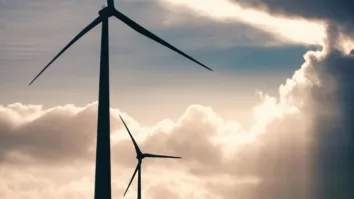
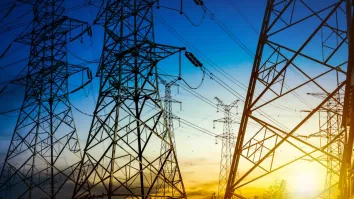





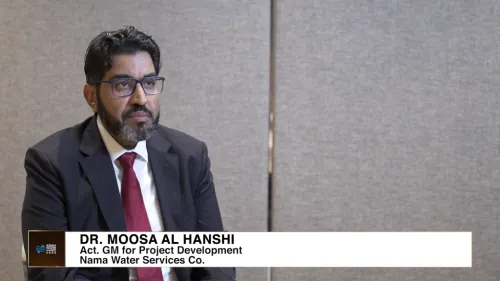

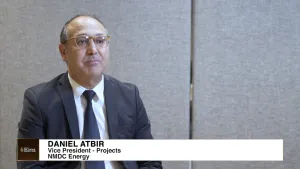
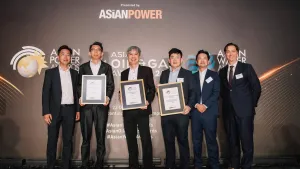





 Advertise
Advertise







